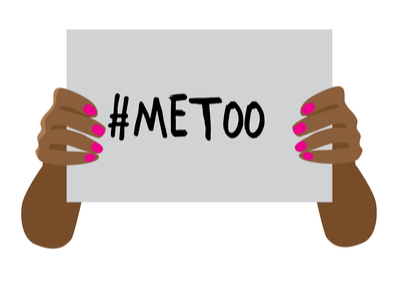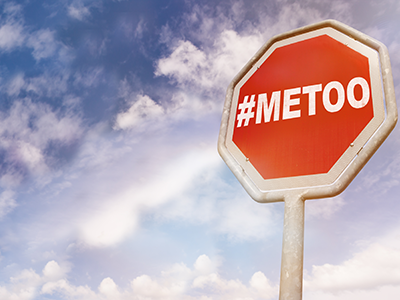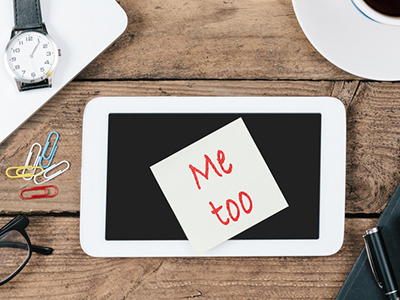Late last month, the New York State Department of Labor released model sexual harassment prevention training videos that employers can use to train their employees, available here. While a welcome development, the videos alone do not fully comply with the State’s requirement that sexual harassment prevention training be “interactive” – employers must ensure that employees have the ability to ask questions and receive answers to their questions. The New York City Commission on Human Rights has also provided some new and welcome guidance to employers, releasing FAQs regarding NYC’s new sexual harassment prevention laws, available here. The FAQs primarily address which employers must conduct sexual harassment prevention training and how to calculate an employer’s number of employees for purposes of determining whether the employer is subject to the training requirements. READ MORE
NY Harassment Update: NYS Releases Sexual Harassment Prevention Training Videos and NYC Releases Sexual Harassment Prevention FAQs






